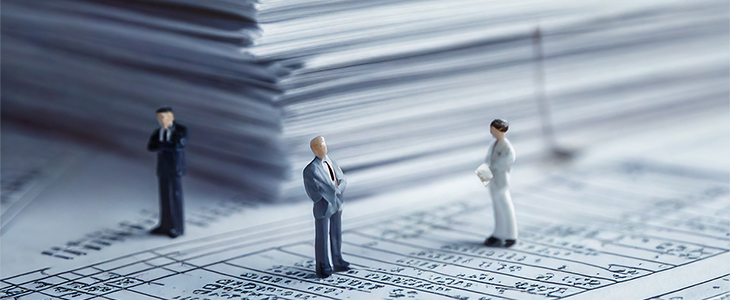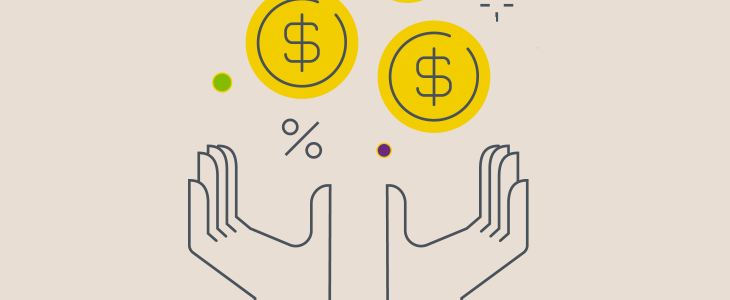Most accountants don’t truly know what their clients want until it’s too late. Tax returns and compliance work tell us what happened. But they don’t tell us what’s important to the client or where they want to go. And if we don’t know what they want, how can we help them get there? That’s where…
They see the tax return. The final numbers. The result. But behind that are hours of analysis, compliance checks, and strategic thinking they never see. So, how do you show your value and open the door to tax planning conversations? At TaxFitness, we recommend a simple but powerful step: Integrate three quality control checklists into…
Most accountants struggle to sell tax planning and business advisory services — not because clients don’t want them, but because the practice doesn’t understand the client. Here’s the truth: If you don’t know your client’s current financial position… If you don’t know what they actually want to achieve… Then of course you’ll struggle to sell…
Most accounting practices have nailed the system for tax returns, BASs, and financials. But when it comes to tax planning, too many are still winging it – and it’s costing them. Without proper systemisation, tax planning becomes: Ad hoc and inconsistent Offered to only a select few clients Priced too low – or worse, not…
Most accounting firms want to offer tax planning—but few have the systems to do it well. The TaxFitness 10-step tax planning process gives your practice a clear, repeatable method to deliver real value to clients and grow your advisory revenue with confidence. Here’s how it works: Step 1: systems and practice integration Embed tax planning…
That’s not just an ATO stat, it’s a wake-up call. According to the ATO’s Individuals Not in Business Tax Gap Report, a staggering 78% of tax returns prepared by registered tax agents contain errors. Most of these are unintentional, of course – but they highlight a deeper issue in the industry: Many accountants rely solely…
Let’s face it, most traditional accounting services are seen by clients as mandatory form-filling exercises. BAS lodgements, compliance reports, tax returns etc, they may be essential, but they’re rarely appreciated. Why? Because clients don’t feel the value. These services are expected, not celebrated. But what if your firm could flip the script? Value-added services create…
Over the past two decades, accounting technology has transformed every aspect of practice management. Financial statements, budgeting, and tax returns are now automated and streamlined. Now, tax planning is undergoing the same shift – driven by advanced, AI-powered software. From manual to strategic What was once a slow, ad hoc process has become a high-value…
Most accountants undervalue their expertise by focusing only on compliance. but what if you could double your fees, or even more – without chasing new clients? The answer: tax planning + business advisory + benchmarking. Your clients don’t just need tax returns; they need strategic insights to improve cash flow, profitability, and business performance. They…
Tax planning isn’t just about reducing tax, it’s about unlocking massive financial opportunities for your clients while generating high-value, recurring revenue for your practice. Why tax planning is a must-have service When executed correctly, tax planning: Delivers significant, legal tax savings for clients. Turns tax planning into a year-round, high-fee service. Strengthens client relationships, increasing…
"You’d be stupid not to try to cut your tax bill and those that don’t are stupid in business"
- Bono: U2













